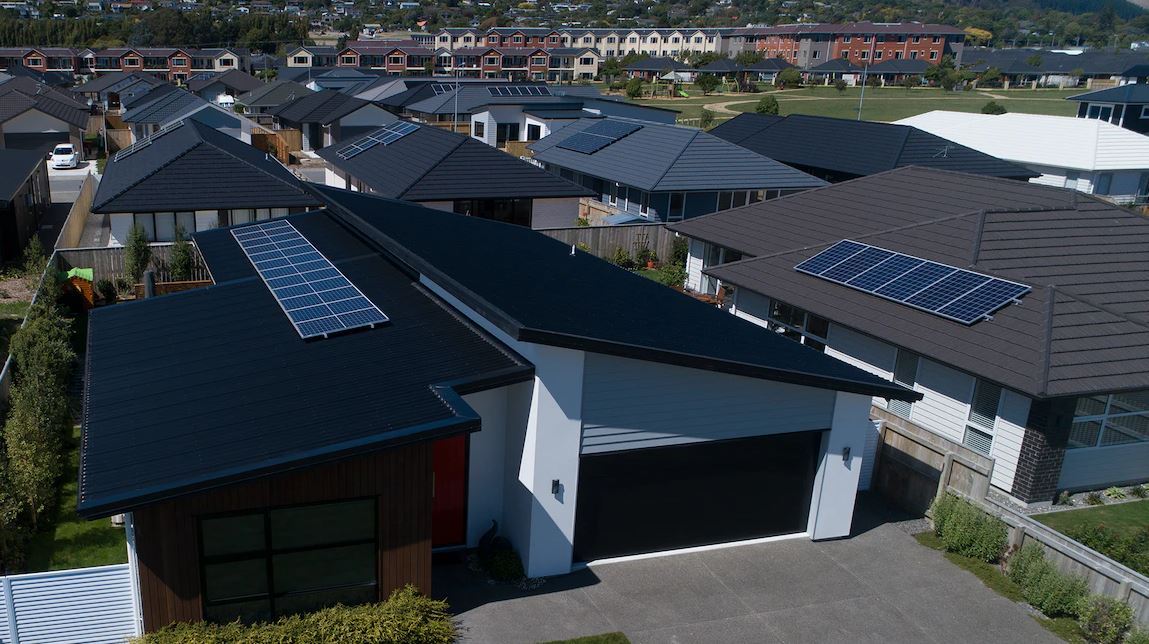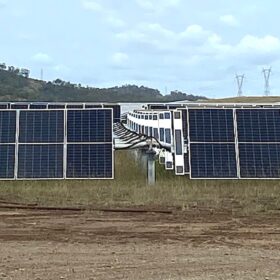SolarZero, a solar and battery storage supplier in New Zealand, has started offering grid-stability services in the New Zealand electricity reserves market through its 40 MW virtual power plant (VPP). The company’s entry into the wholesale electricity market was marked by the ringing of the NZX bell.
Over the past year, NZX, Transpower, Panasonic and Auckland University have jointly developed the software. They have also integrated the solarZero platform and validated the ability of the VPP to participate in the market.
SolarZero is now starting a staged enrolment of its 10,000 household battery systems into the New Zealand electricity reserves market to provide fast, sustained reserves. The VPP will help state-owned Transpower maintain a stable electricity grid as the nation transitions to 100% renewable energy by 2030.
SolarZero shares revenue from trading in the market with its community members through a monthly eco-bonus credit. Every member can expect to be credited NZD 18,000 ($10,722) over the next 20 years by lending their solar batteries to take part in its VPP, thus reducing their power bills. The company claims the solarZero community currently saves more than NZD 2.3 million on annual energy costs.
“In the face of the highest energy prices in the history of New Zealand, every home that has a roof can now earn extra income, safely power through blackouts, and support their community by reducing the cost of electricity for everyone,” solarZero chief executive Andrew Booth said.
Earlier this year, solarZero made headlines as US investor BlackRock agreed to acquire the company as part of its push into renewable energy in the Asia-Pacific region. At the time, solarZero claimed a 40% market share of new residential rooftop solar installs in New Zealand and had approximately 8,500 systems under its belt across the residential, commercial, and community sectors.
Biggest battery
In another momentous development for New Zealand’s battery energy storage market, Meridian Energy revealed that it has secured the green light for a 100 MW battery – the island country’s largest such system to date. It will provide additional reserve power and resilience to the national grid.
The battery system is the first stage of Meridian Energy’s Ruakākā Energy Park, north of Auckland, and will also include a 125 MW solar farm. Construction is scheduled to begin early next year on land adjacent to the former Marsden Point oil refinery. It is expected to be completed in 2024.
“It will provide reserve power in the event of insufficient generation by allowing more electricity to flow north from the South Island, and by storing power from the grid during off-peak periods,” said Rebecca Knott, Meridian Energy’s head of renewable development. “When fully charged, it would be capable of powering 60,000 average households for two hours over a winter’s evening.”
In addition to improving resilience and reducing the chance of network outages, Knott said the battery storage capacity will likely have a modest positive impact on regional and national power prices.
The biggest battery currently under construction in New Zealand is a 35 MW system in Waikato on the North Island. The system, developed by WEL Networks and developer Infratec, is expected to go online in December. The equipment supply contractors include Saft and Power Electronics NZ.
This content is protected by copyright and may not be reused. If you want to cooperate with us and would like to reuse some of our content, please contact: editors@pv-magazine.com.









By submitting this form you agree to pv magazine using your data for the purposes of publishing your comment.
Your personal data will only be disclosed or otherwise transmitted to third parties for the purposes of spam filtering or if this is necessary for technical maintenance of the website. Any other transfer to third parties will not take place unless this is justified on the basis of applicable data protection regulations or if pv magazine is legally obliged to do so.
You may revoke this consent at any time with effect for the future, in which case your personal data will be deleted immediately. Otherwise, your data will be deleted if pv magazine has processed your request or the purpose of data storage is fulfilled.
Further information on data privacy can be found in our Data Protection Policy.